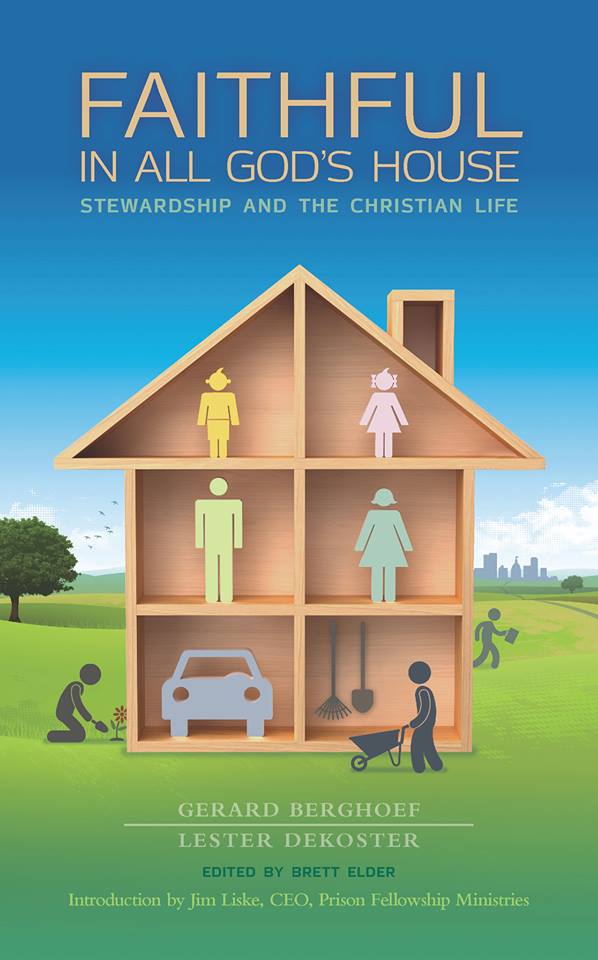Over at The Gospel Coalition, Elise Amyx of IFWE offers encouragement to those who may feel their work is useless:
Though some work may seem useless, Christians understand that all work is God’s work. Our work only seems insignificant because we fail to grasp the big picture. This is what economists refer to as the “knowledge problem.” The knowledge problem means we can’t always see the big picture because knowledge is dispersed among many people; no one person knows everything. In the vocational sense, this means we may not understand how our work is part of a much larger economic dynamic. If we can’t easily see how our work contributes to the common good, we may understate the effect of what we do.
Some positions make it difficult for workers to see the end product, but that certainly does not mean that their work is insignificant. Just because a factory worker doesn’t receive the instant gratification of seeing the final product that he helped to create doesn’t change the reality that his effort contributed to that product…
… It’s important to remember that the value of our work may never be fully realized in our lifetime. In medieval times, it could take hundreds of years to build a single cathedral. The laborer laying the cornerstone might never live to see the top of the steeple.
In Faithful in All God’s House: Stewardship and the Christian Life, Gerard Berghoef and Lester DeKoster strike at something similar:
The results of one’s work can never be fully known. What will become of the produce raised, of the machine built, of the person fed? No one can foretell what will be the final consequence of today’s effort. Nor does the paycheck really measure the value, nor the effort, of the work for which it is given. Wages are set by the market, and the results of work are hidden in the mists of tomorrow. What endures is what happens to the worker who bravely makes it through the day.
Indeed, in addition to the unforeseeable nature of our daily contributions, and irrespective of the machine or the cathedral we’re struggling to create, work itself creates a lasting impact on the worker himself. In this sense, at least one dimension of value will likely be seen in our lifetime.
Berghoef and DeKoster explain:
This perspective on work, as a maturing of the soul, liberates the believer from undue concern over the monotony of the assembly line, the threat of technology, or the reduction of the worker to but an easily replaceable cog in the industrial machine. One’s job may be done by another. But each doer is himself unique, and what carries over beyond life and time is not the work but the worker. What doing the job does for each of us is not repeated in anyone else. What the exercise of will, of tenacity, of courage, of foresight, of triumph over temptations to get by, does for you is uniquely your own. One worker may replace another on the assembly line, but what each worker carries away from meeting the challenge of doing the day’s shift will ever be his own. The lasting and creative consequence of daily work happens to the worker. God so arranges that civilization grows out of the same effort that develops the soul.
Read Amyx’s full piece.
Purchase Faithful in All God’s House: Stewardship and the Christian Life.
To join the On Call in Culture community, like us on Facebook or follow us on Twitter.


